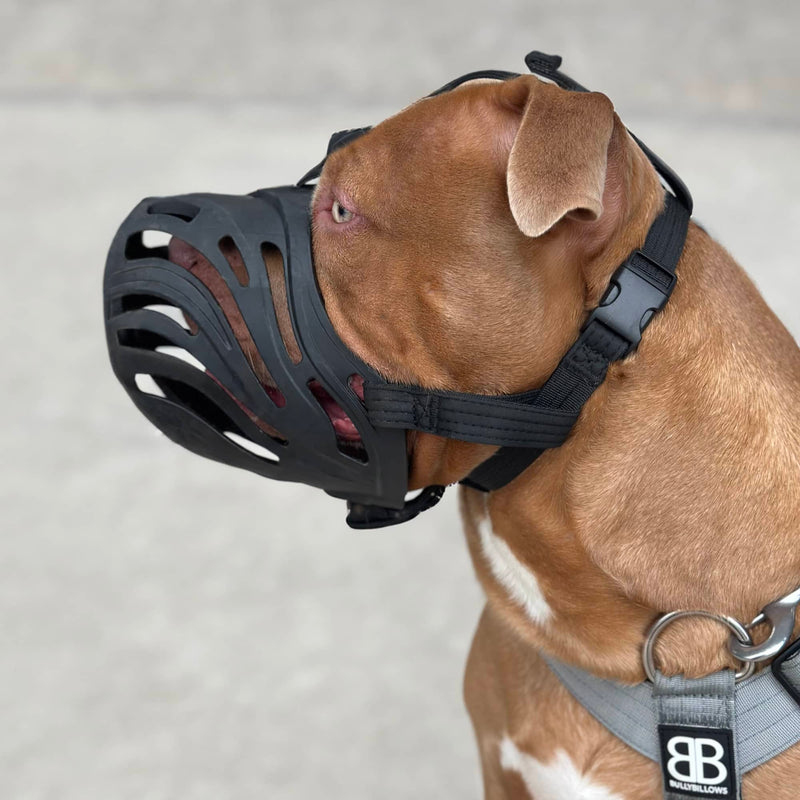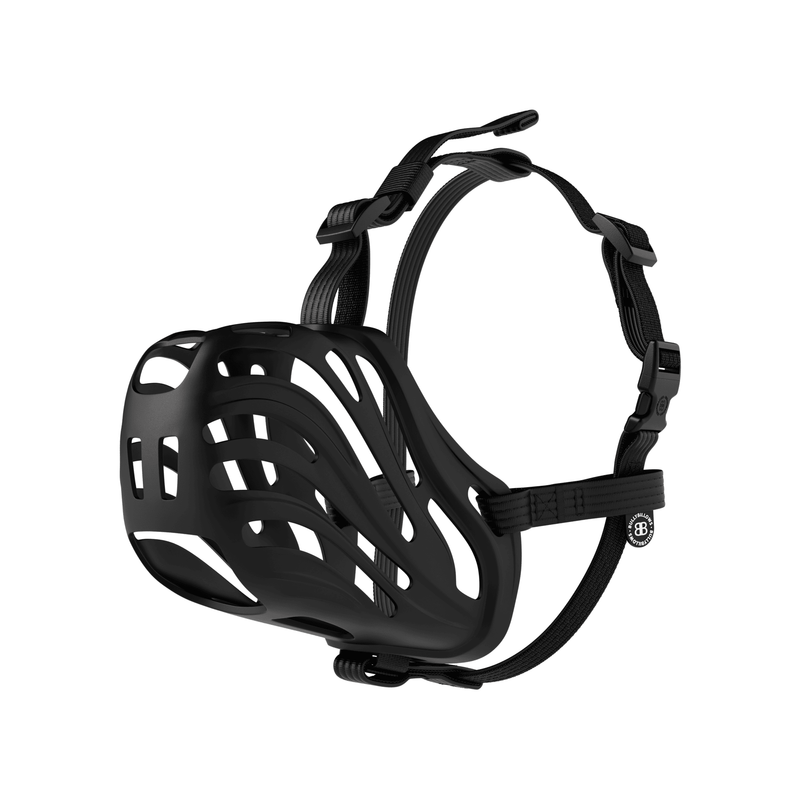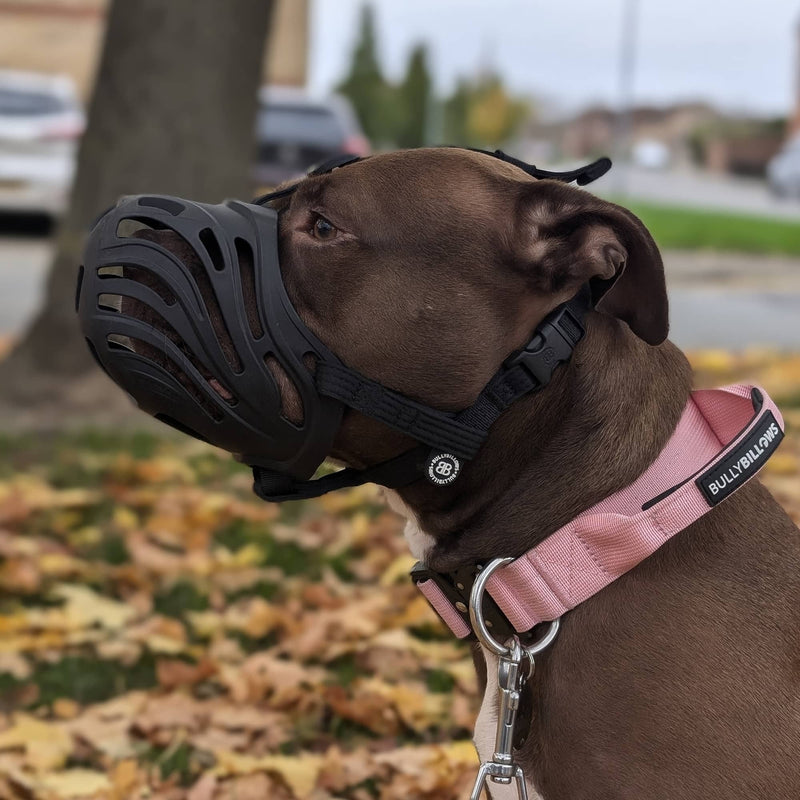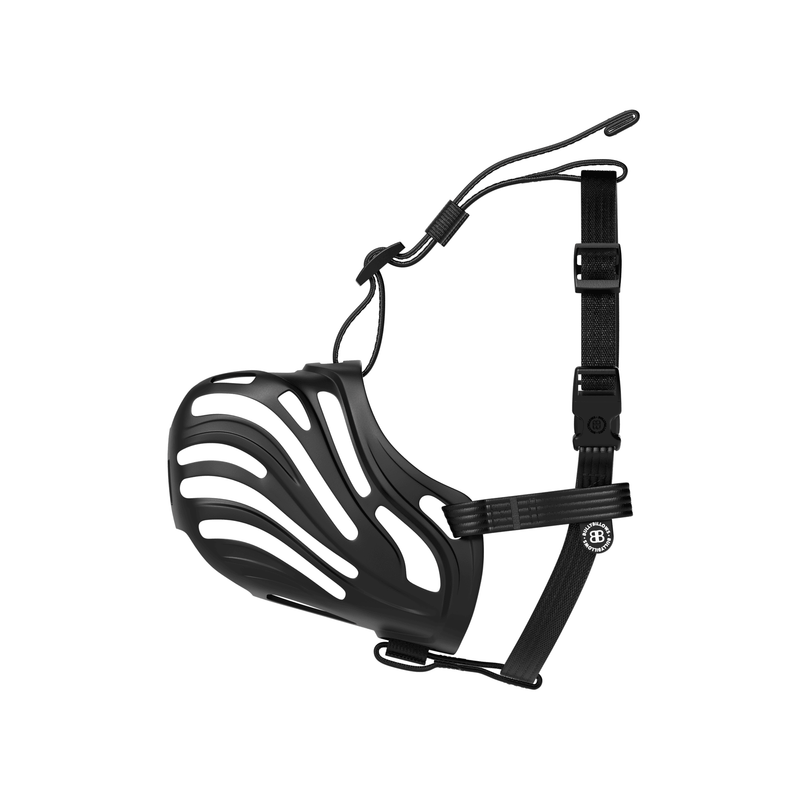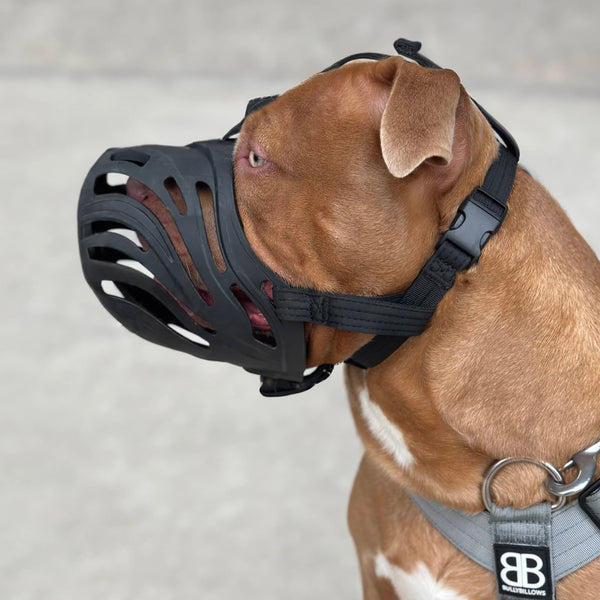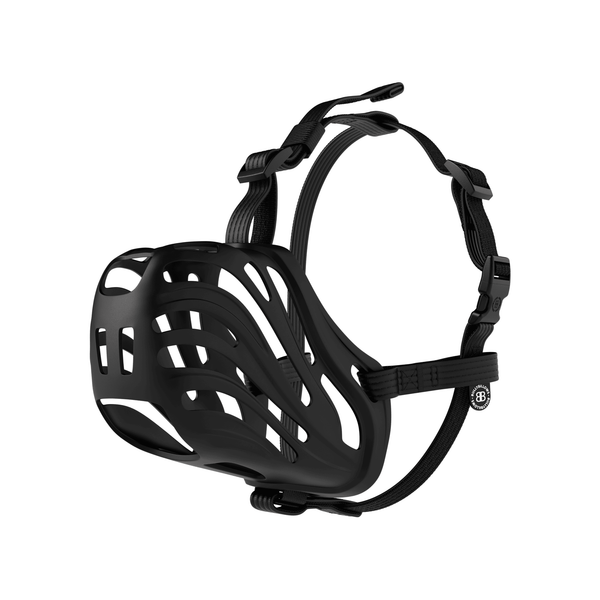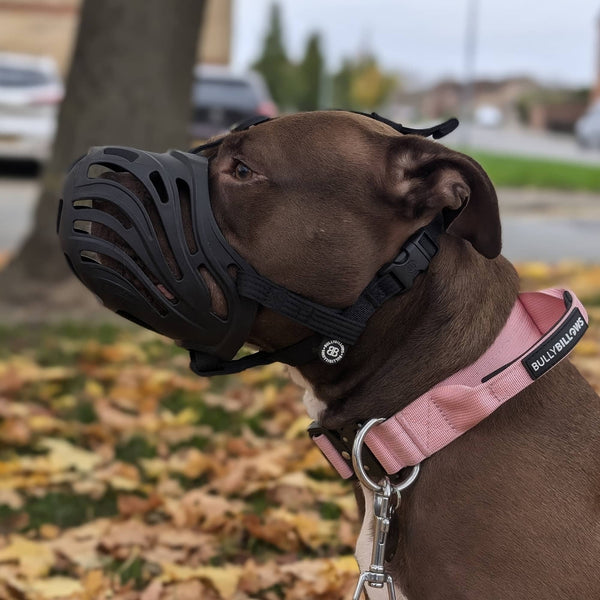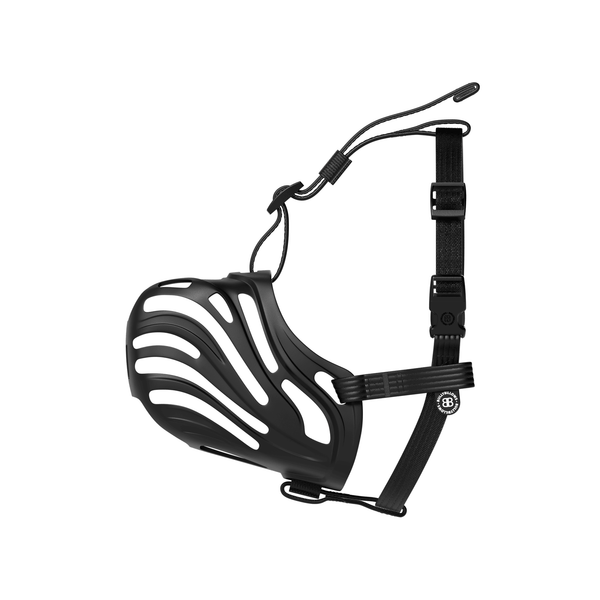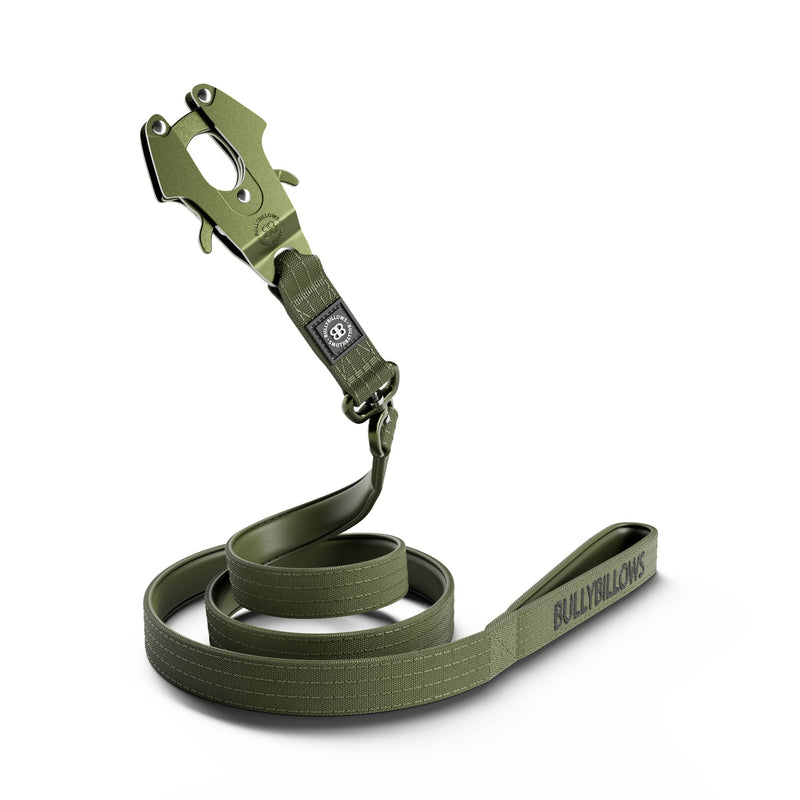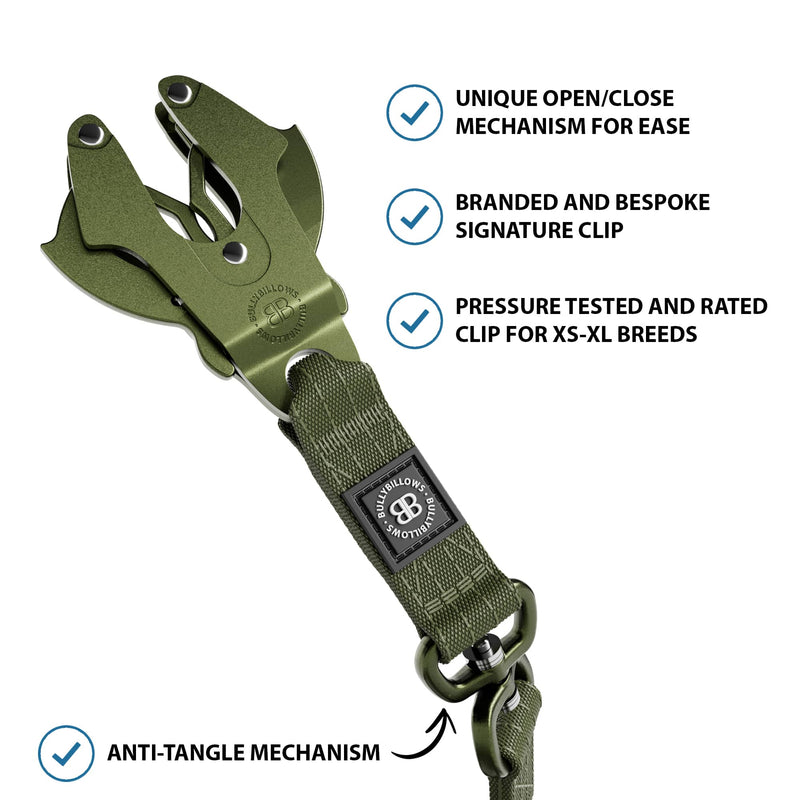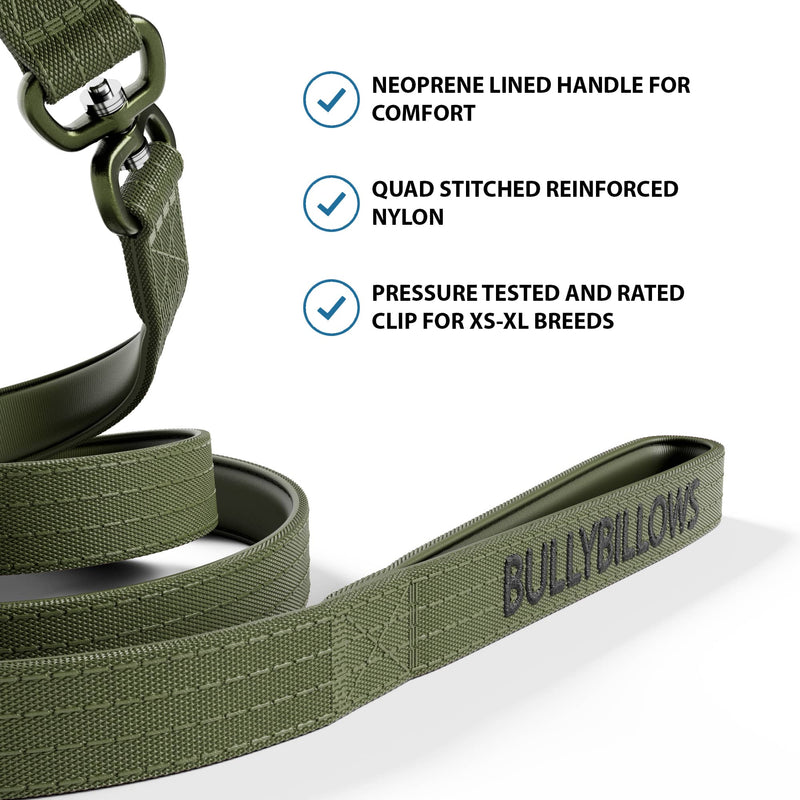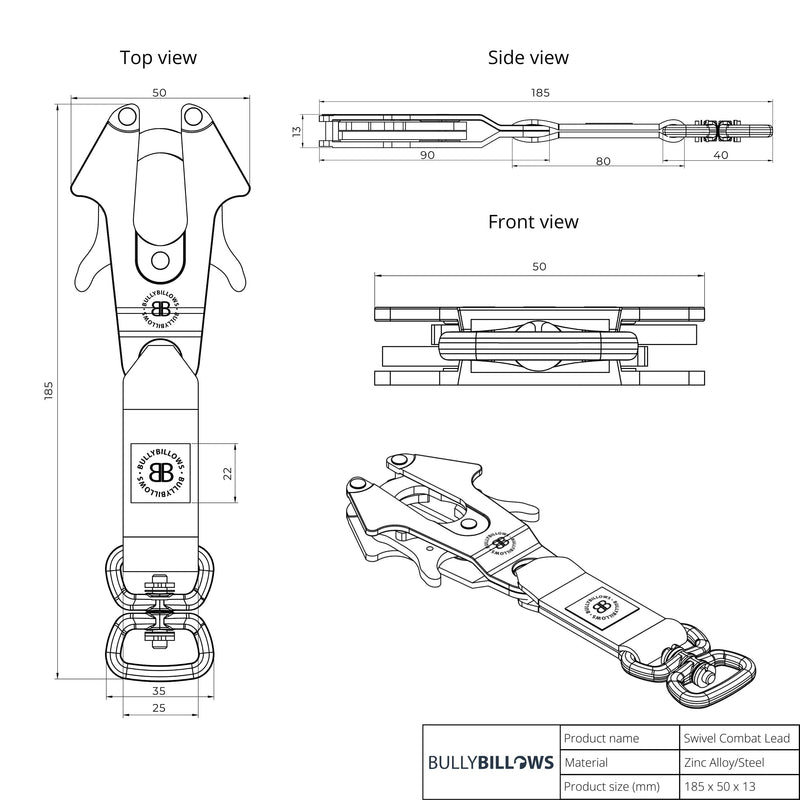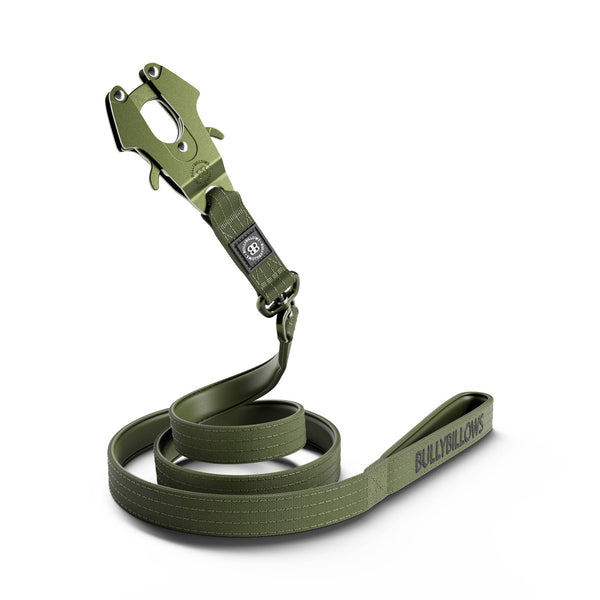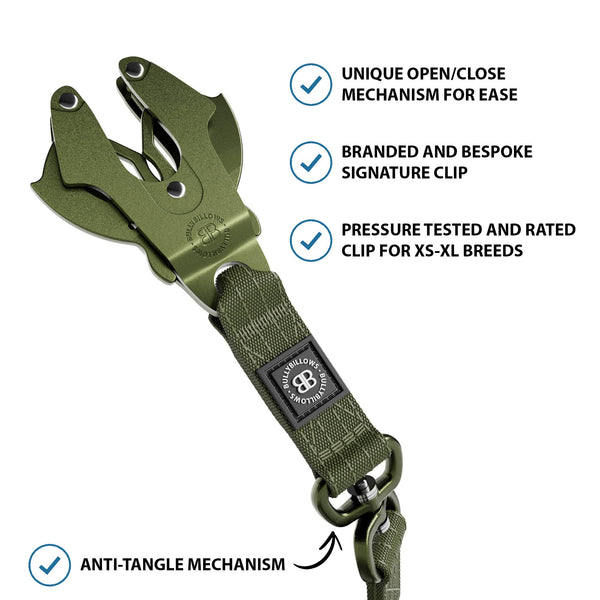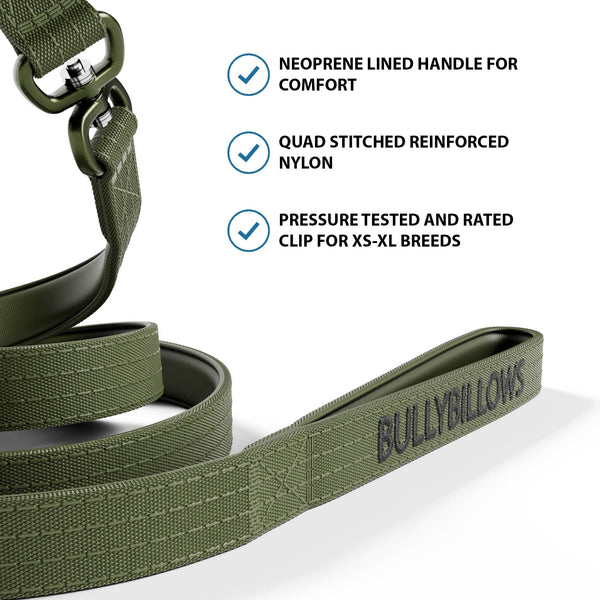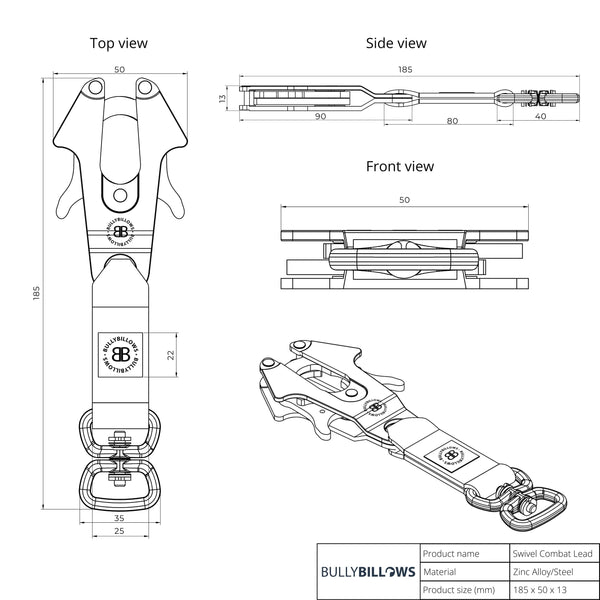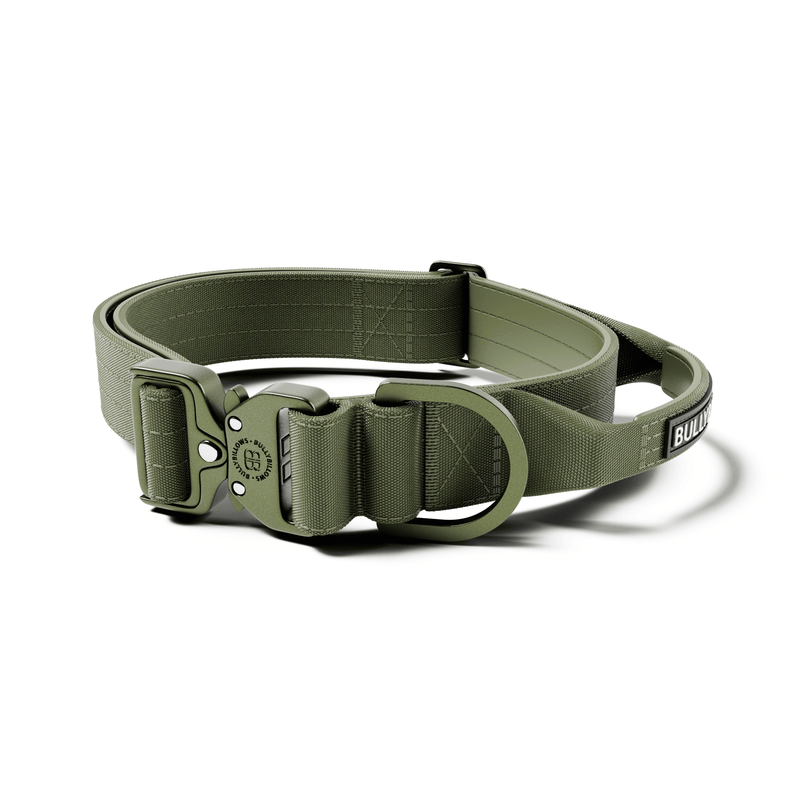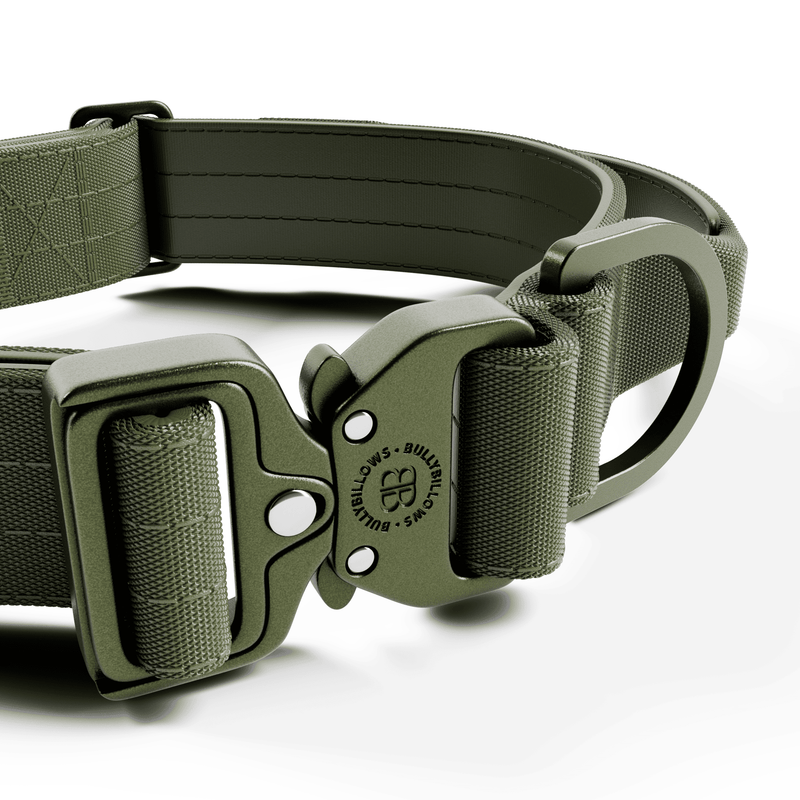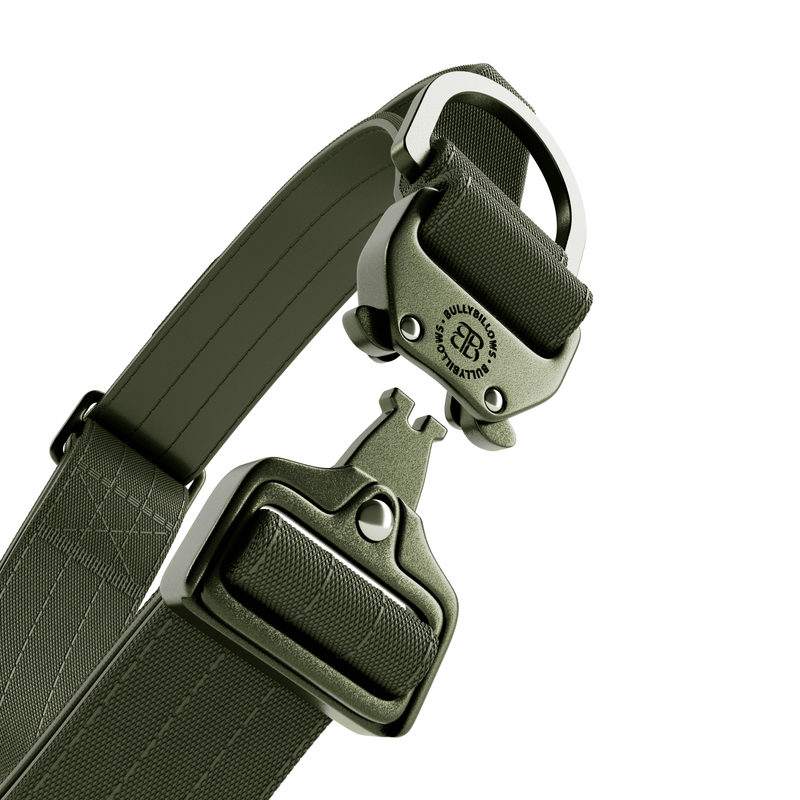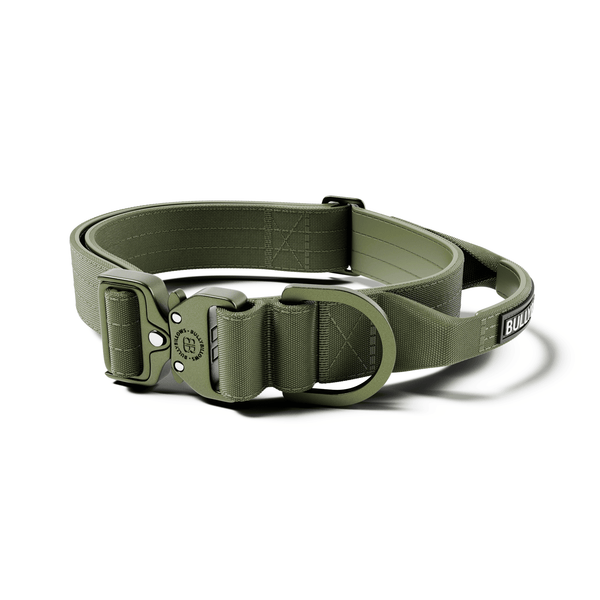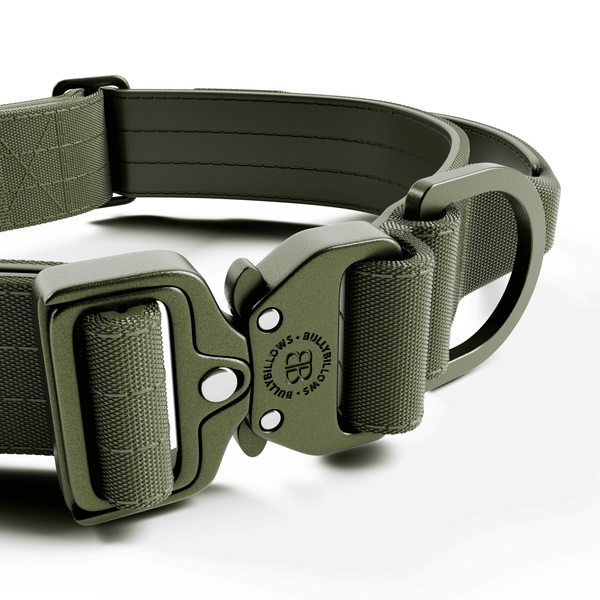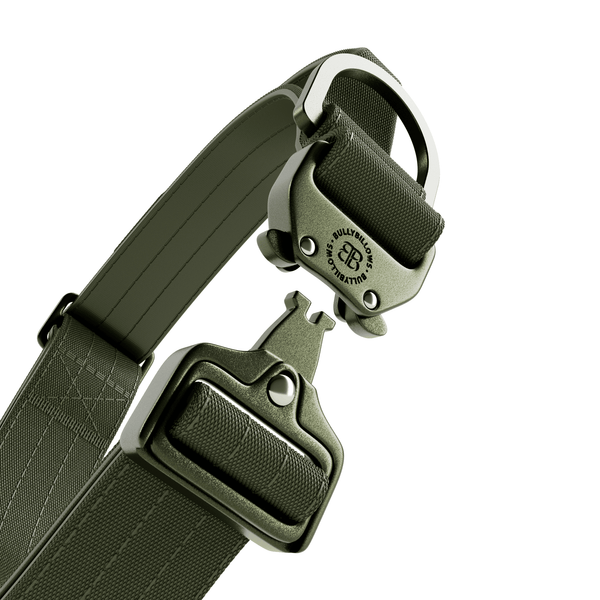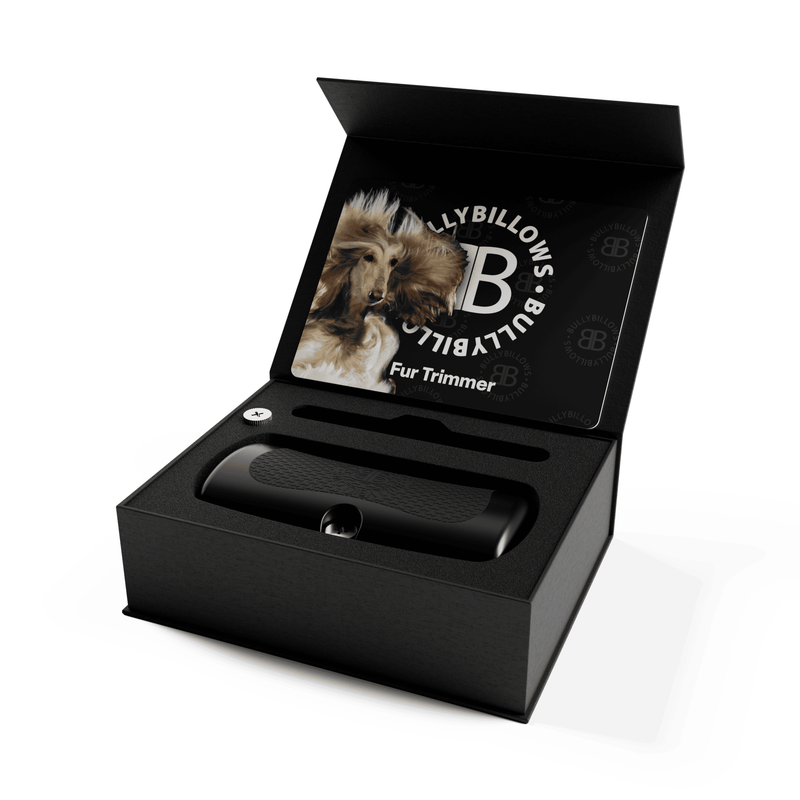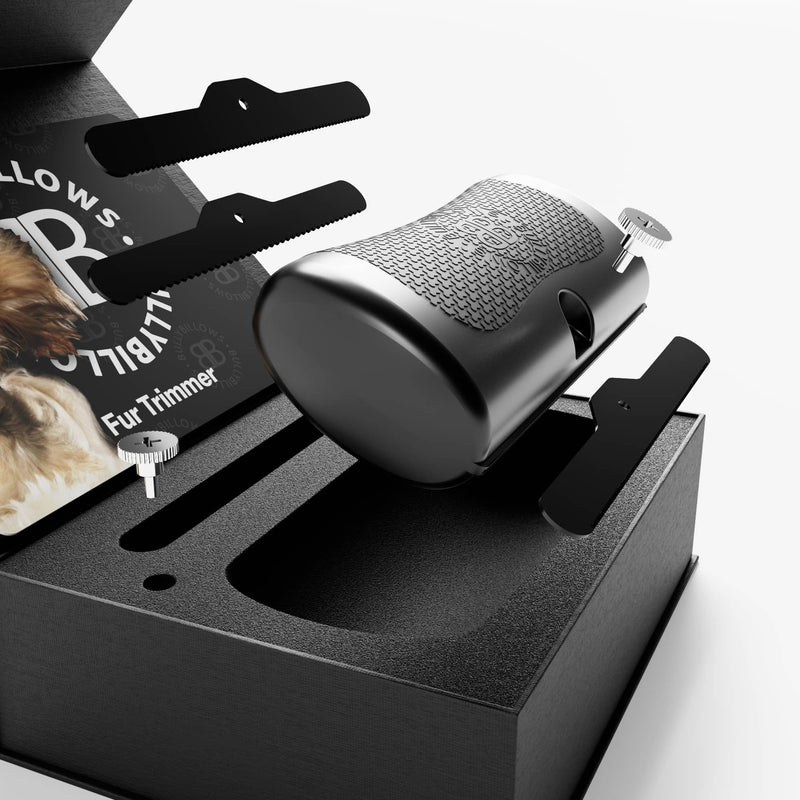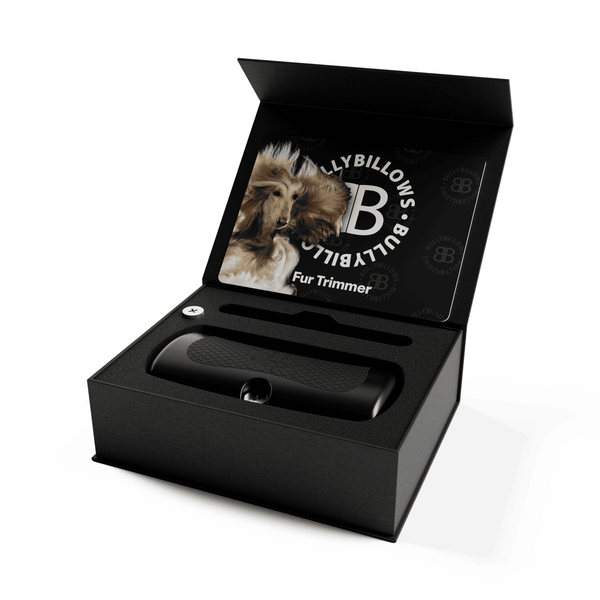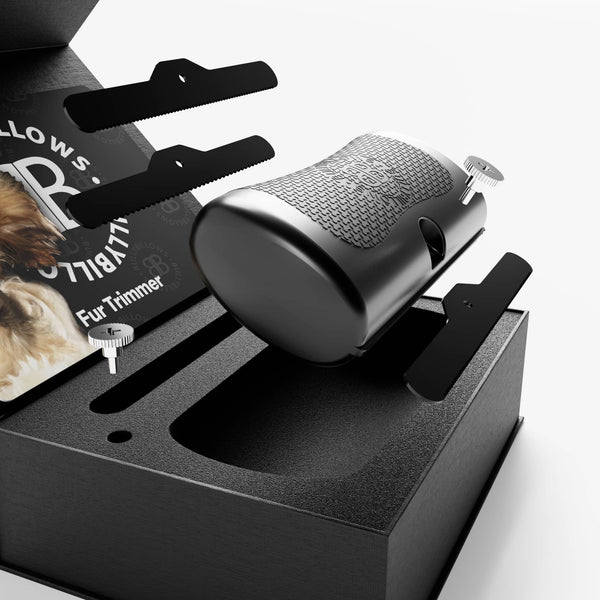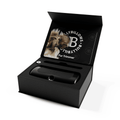Barking is a normal activity for dogs. It is unreasonable to expect your dog to never bark. They bark to express several emotions - it can be to alert you of the presence of a burglar or to say a warm “Hello!” to take away your all-day tiredness.
Some breeds are louder - they bark more than the others. Their excessive barking becomes a headache-inducing nuisance creating tension in your neighbourhood.
If your dog barks excessively, here are the tips that can help you control it.
How to Stop Excessive Dog Barking?
1. Block the Sightline of Barking Triggers
Dogs do alarm or territorial barking when they see or hear any potential barking triggers. This is the reason why they bark mostly along the fence or at the living room window. Block the sightline to potential barking triggers and manage the environment. It will stop their alarm or territorial barking.
For yards, use privacy fencing to cut off their view to neighbouring yards or the street. Seek a long-term option of planting privacy hedges in the yard.
For indoors, leave the blinds and curtains closed or make the window opaque using removable glass films.
2. Work on Behaviour Modification
Fear, territorialism, loneliness, or attention-seeking behaviour can cause excessive barking. Identify and remove that trigger from the life of your dog and work on their behaviour modification.
Try to shift their attention from the barking with some basic commands (sit, down) and reward them for their good behaviour. Chew toys or puzzle toys may help.
3. Exercise
Exercise is the key to ease the tension of anxious dogs. Make sure you make your dog exercise enough so they do not burn their energy via barking.
If possible, schedule the exercise session right before the typical barking periods. Put a dog collar on your buddy and go for a nice walk with your dog as it’s a pleasant way to spend off their energy.
4. Visit a Vet
Excessive barking can be an indication that your dog has some medical issue. If your quiet dog has suddenly started barking, it is a good idea to take them for a checkup with your veterinarian.
5. Arrange a Quiet Zone
If your dog starts barking in your absence, it can be an indication that they have separation anxiety. Arrange a quiet place for them in a bedroom, laundry room, spare space, or some space away from the noisy area.
You can also use a noise machine that creates soothing soundscapes to escape the exterior sound.
6. Use the Quiet Command
When your dog starts excessive barking, say “Quiet” in a calm and firm voice. Wait for them to stop barking, even for a fraction of a minute, praise and reward them at that time.
You can also try the “Quiet” command while keeping your finger on your lips. Eventually, they will figure out that not barking when you say quiet can make them earn treats. Practice this command when they are calm, and they will learn it better. However, remember, if you don’t reward them while barking, it will encourage them to bark even more.
We hope these methods help you to stop the excessive barking of your dog.
To get your dog a surprise as their win, visit Bully Billows for high-quality dog training products. Keep visiting this space for more such content.


